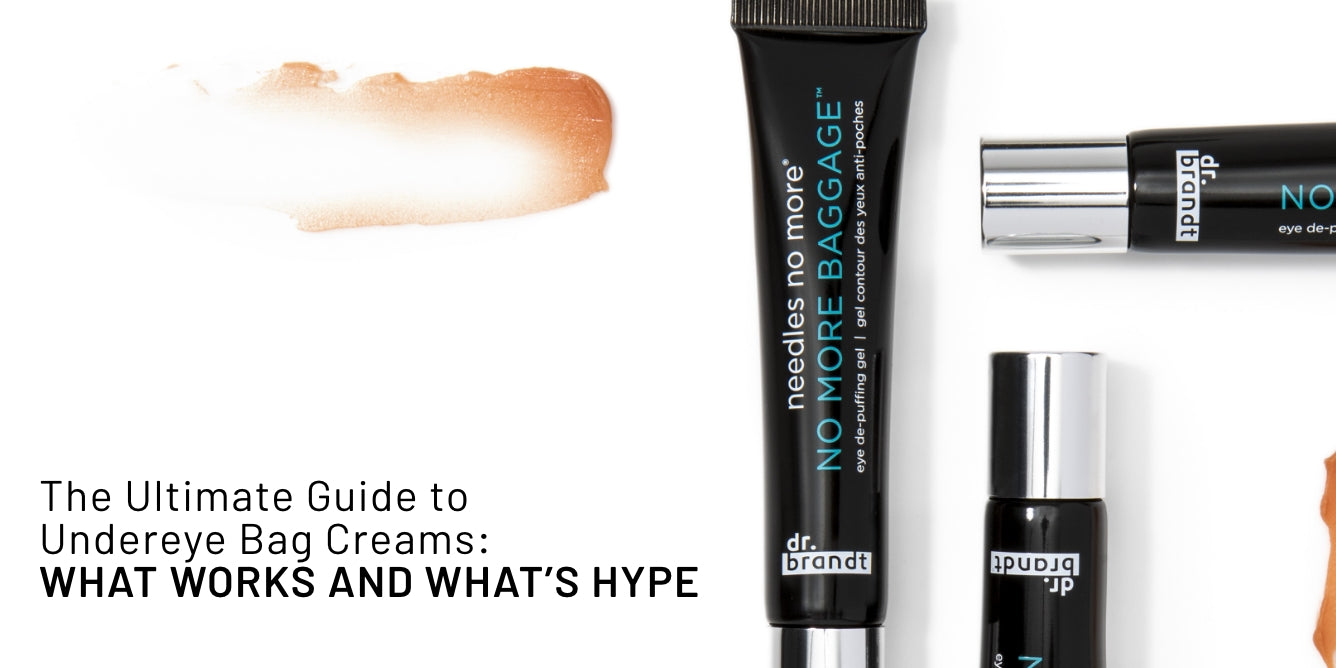
Wellness and well-being are like siblings: related, but different. Both bear links to health, happiness, and even beauty, and both are essential to maintaining good health—but they’re not quite the same thing. Below, we go over the key differences between well-being and wellness, and provide some strategies for improving both.
What is wellness?
If well-being is the destination, think of wellness as a way of getting there. That is to say, wellness is action-oriented. It’s about the pursuit of health and happiness through healthy lifestyle habits like mindfulness, regular physical activity, or yearly preventive health screenings. Similar to well-being, it is multi-dimensional — encompassing physical, mental, social, emotional, and even financial health — but it’s the active, behavior-focused dimension of wellness that differentiates it from well-being. In short, wellness is a practice that can lead to greater mental, emotional, and physical health — i.e. well-being.

What are wellness benefits?
Adopting wellness practices can create a positive impact on your life in many ways, from making you healthier and more physically fit to improving your self-esteem. Exercise in any form (whether intense cardio or just a daily stroll around the neighborhood) can lower your risk for illnesses, obesity, and offer significant endorphin boosts that perk up your mood. Companies have good reason to offer their employees wellness benefits like free gym subscriptions, lunchtime yoga sessions, or designated nap rooms. Healthy employees are more productive, stay at their job longer, miss fewer workdays, and help create a better work environment for all. Some health insurance companies even offer lowered premiums to those who sign up for sponsored wellness programs (e.g. for smoking cessation).
What are wellness issues?
Wellness issues are typically those that relate to your physical health. They’re often the sign of an imbalance caused by your lifestyle, genes, or environment. They include run-of-the-mill health issues like seasonal allergies, global issues like obesity, as well as emerging health issues like gluten sensitivity or the prevalence of sugar in our diets.
What is well-being?
Unlike wellness, well-being is not a set of behaviors, but rather a state of being related to how you perceive your life. Yes, you exercise four times a week, eat well, and meditate before bed. But are you happy and fulfilled? Do you feel mentally and physically strong? Are you satisfied with yourself and your relationships with others? Of course, health and wellbeing go hand-in-hand, but in short, well-being is the sum total of health and happiness that results not just from being in shape or practicing good lifestyle habits, but from your living conditions, social connections, relationship quality, work situation, and mental and emotional health. At Dr. Brandt®, we’ve always taken a holistic approach to beauty that includes not just wellness, but well-being: when you look good, you feel good, and when you feel good, you look good. Well-being is also the basis for our work with the Dr. Brandt Foundation: our #SayILoveYou campaign aims to promote open, transparent conversations around mental health, and provide free resources, and even therapy, to communities in need.

What are well-being benefits?
Well-being is a powerful indicator of how things are going not just for individuals, but for entire nations, too. Certain countries have begun “measuring” the well-being of their populations alongside more traditional measures of prosperity and progress like GDP. The Organization for Economic Co-operation and Development (OECD) has even laid out a well-being-measurement framework for countries that includes environmental quality, housing availability, health, work-life balance, and subjective well-being. The benefits of achieving well-being are pretty self-explanatory: they range from feeling safe and fulfilled, to improving relationships, to aging gracefully, and of course, to living a longer, happier life.

What are well-being issues?
Because well-being touches on so many aspects of life, and because it involves a strong mental/emotional component, well-being issues are extremely diverse. Financial stress is a well-being issue, as is burnout from overwork. Social isolation, difficult living conditions, or poor health all affect a person’s well-being. This is why it’s important to not just cultivate wellness (through exercise, a healthy diet, supplements, etc.), but to cultivate skills, hobbies, relationships that make you feel happy and fulfilled. Emotional well-being is just as important as physical well-being!
What is the main difference between wellness and well-being?
To recap, wellness is a set of habits and behaviors, while well-being is a state of mind. Naturally, the two go hand-in-hand: wellness contributes to well-being, and a sense of well-being often begets more wellness habits. Wellness is more focused on physical health, while well-being emphasizes mental and emotional health.
Things you can do to achieve wellness and well-being
Eat a clear skin diet.
Eating well keeps your body healthy, fit, and functioning properly (wellness). Healthy eating can also give you better skin—which can in turn lead to an increased sense of confidence and self-esteem (well-being).
Move your body.
You’ve heard it time and time again: aside from keeping you fit and flexible and staving off disease, exercise is a natural mood booster and can help with common mental health issues like stress management, depression, and anxiety. And regardless of how your body looks, the mere act of exercising can help increase your self-esteem.
Connect with people.
Social connection is essential to our health, whether physical or mental. Meaningful, healthy relationships provide an outlet in times of trouble, and are a source of deep joy and meaning. Outside of close relationships with friends and family, connecting can be as simple as striking up a conversation with your cashier at the grocery store, or having a quick chat with your co-worker at the coffee machine.




Leave a comment (all fields required)